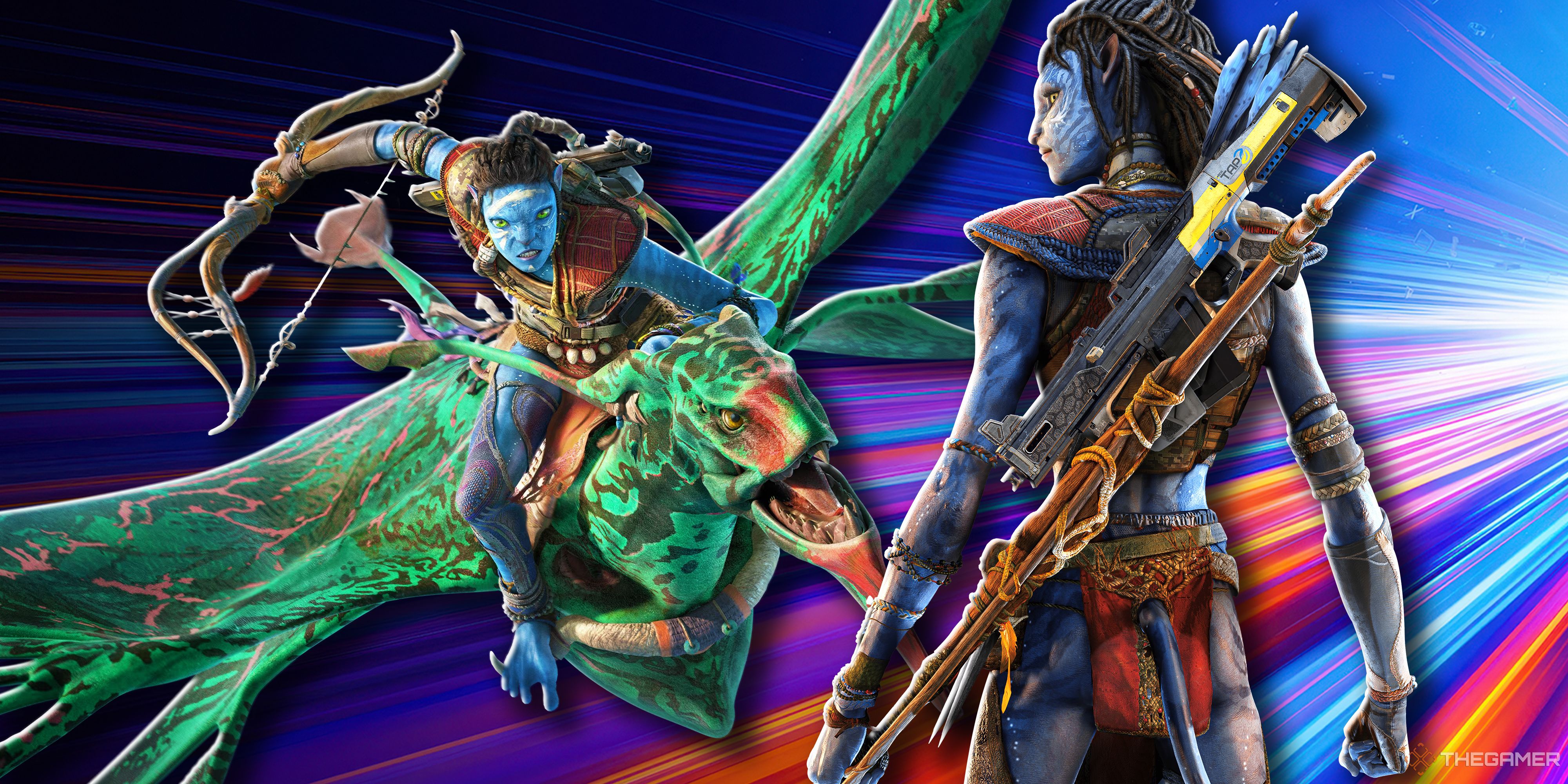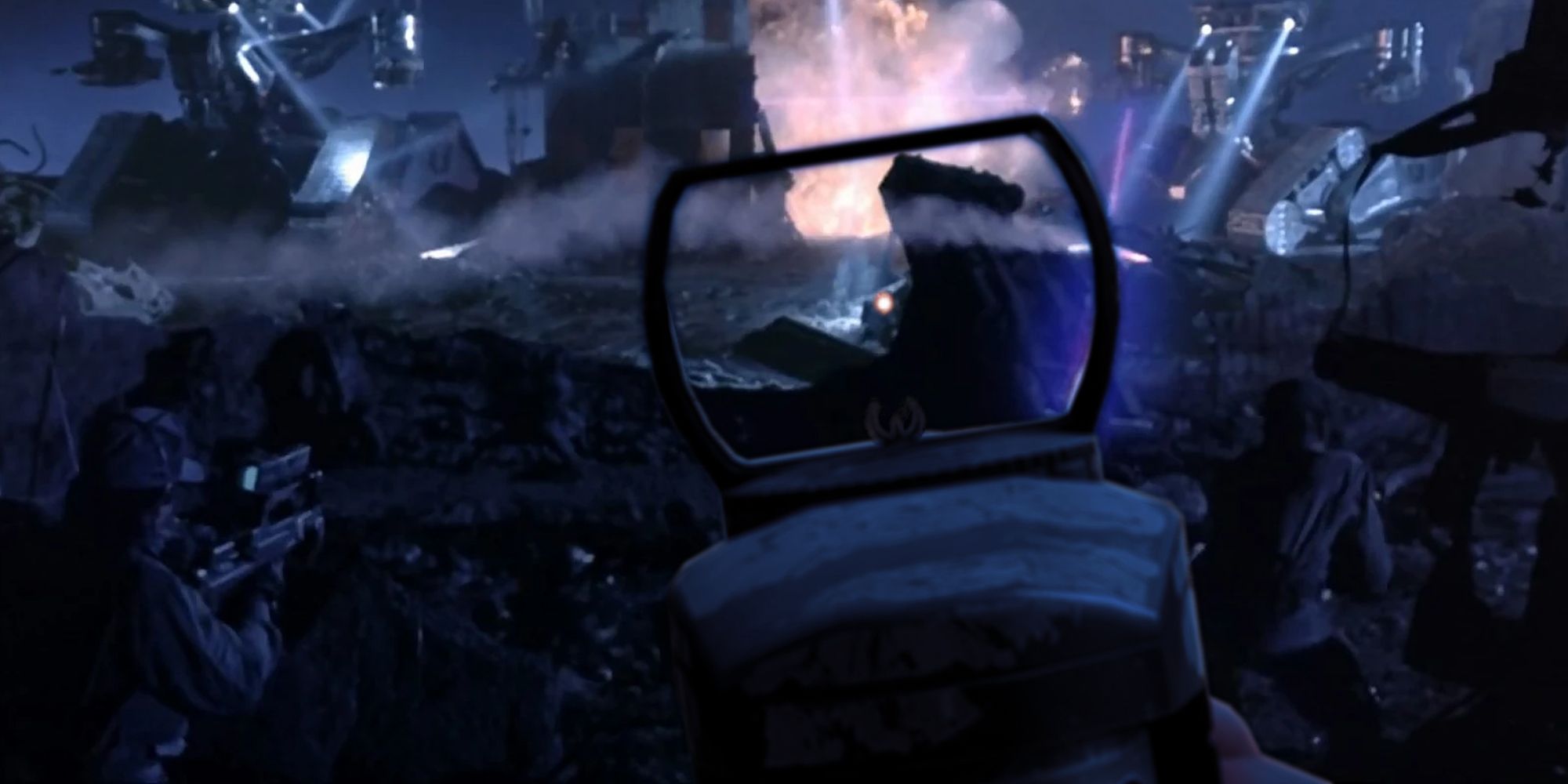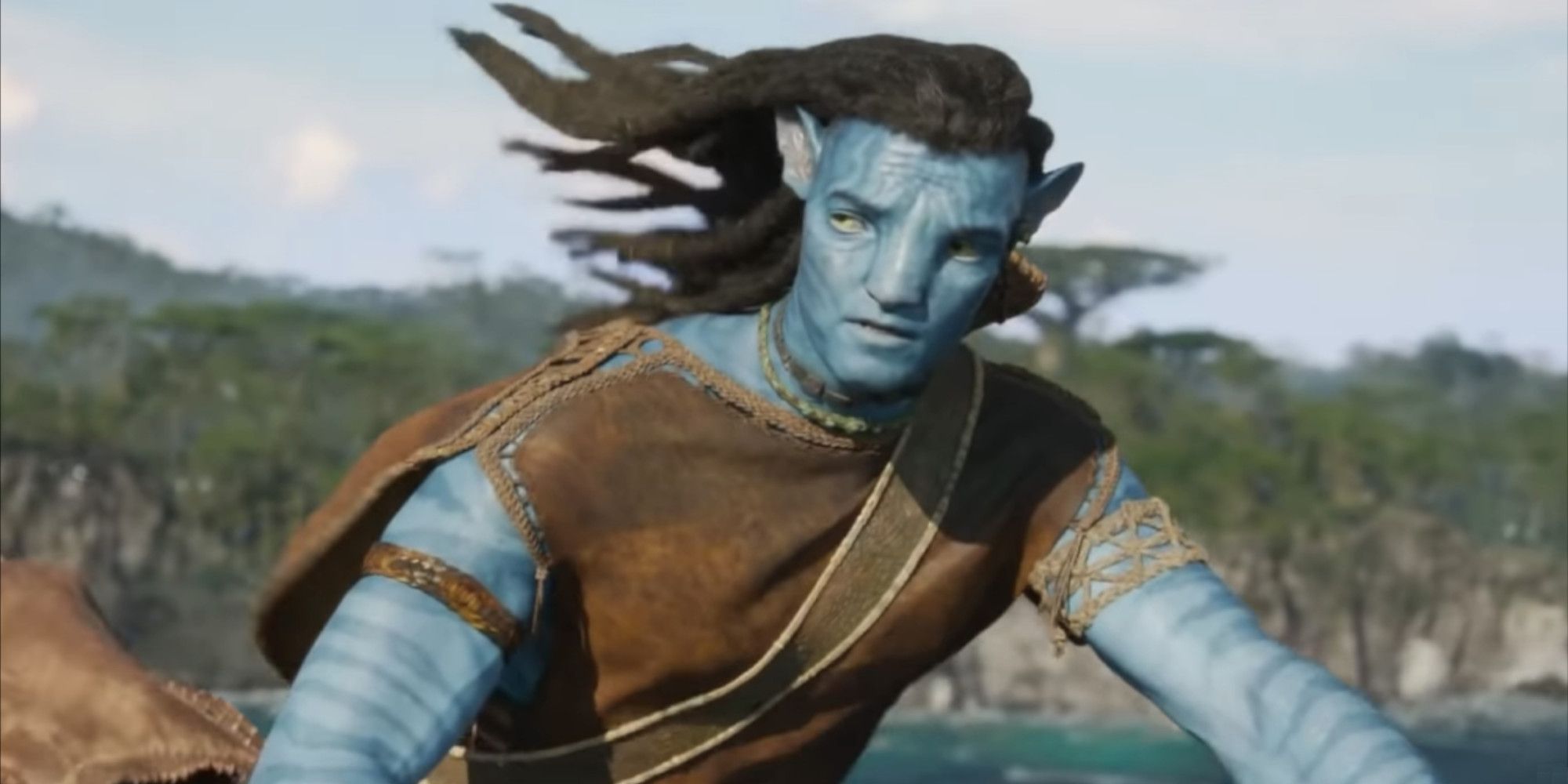James Cameron said this week that this year’s Avatar: Fire and Ash will open with a disclaimer that no generative AI was used in its creation. That’s great news, and surprised the heck out of me given that Cameron joined the board of directors for Stability AI just last September.
At the time, I wrote about being disappointed in this decision. But Cameron’s decision to put an anti-AI disclaimer before the film is just the latest upswing in a relationship with AI that has been akin to a roller coaster. He’s used AI upscaling on his classic films, rendering recent 4K releases of True Lies and Aliens disappointingly rubbery and smooth, but he’s also said that AI screenwriting has no chance of achieving what human artists can.
Joining the board of Stability AI then taking an anti-AI stance with his latest film may not represent a change of heart for Cameron. He may just believe in both things, as opposed as they seem to be.
Cameron Has The Power To Shape The Conversation On AI
Regardless of why Cameron made these choices and whether he’ll continue to take an oppositional approach to AI, these decisions will likely have major ramifications for the rest of the film industry. Cameron isn’t just another filmmaker and Avatar isn’t just another film series, and he has the opportunity to radically shift attitudes toward the tech.

Related
Avatar: Frontiers Of Pandora Is Casually The Best-Looking Game On PS5
The 2023 Ubisoft open-world game looks shockingly good.
This isn’t the first time filmmakers have drawn this line in the sand. Last year, the horror film Heretic included a similar disclaimer that “no generative AI was used in the making of this film.” But Heretic is not Avatar. Hugh Grant is a big star, and the A24 movie legged it out to a strong $57.4 million box office haul, which is a fantastic result for a flick that reportedly cost $10 million to make. But in comparison, the first two Avatar movies are the #1 and #3 highest grossing films of all time.
And #4 is Titanic. Dude owns the box office.
Second, Heretic’s disclaimer was tucked away in the end credits. I still appreciated it, especially since it was the first mainstream film to include this kind of statement. But the biggest movie of 2025 (barring a miraculous underperformance) forcing its massive global audience to sit through the declaration that it didn’t use generative AI is king sh*t.
Everyone Will See Avatar 3
Cameron is the second most commercially successful filmmaker in history and will almost certainly rise to number one (surpassing Steven Spielberg) when Fire and Ash hits theaters. He’s deeply influential, widely respected, and — thanks to The Terminator, Aliens, T2, Titanic, and the Avatar movies — there’s a real argument to make that he’s the greatest action filmmaker alive.
His movies are influential, too. When Titanic became hit, it inspired similar period epics, like Pearl Harbor. When Avatar came out, it kicked off a resurgence of 3D and IMAX theatrical presentation. The tech Cameron used for Avatar inspired other filmmakers to create movies entirely digitally, as Spielberg did with The Adventures of Tintin.
It also led to other directors like Peter Jackson and Ang Lee experimenting with variable framerates in their subsequent films. Avatar: The Way of Water (along with Oppenheimer) reignited interest in premium large formats and 3D once again. His films are events, and other filmmakers are always learning from how Cameron pulled it off.
Cameron hasn’t been perfect on this issue. But his missteps don’t have nearly as much power to shape the conversation as this decision. Every filmmaker who goes to see Avatar 3 will be greeted with the message that a legend of the artform, who many of them look up to and even idolize, who is anything but a Luddite, refused to let AI take credit for the work that he and his massive VFX team did on the film.
It likely won’t have as deep an effect on the public, but if the movie is great, it’s one more data point that AI is kinda cringe. And being cringe is going to kill generative AI much more decisively than being environmentally harmful or built on a foundation of plagiarism.

Next
Avatar: Frontiers of Pandora Is The Perfect Pitch For Licensed Far Cry
Frontiers of Pandora has me itching for Far Cry: Jurassic Park.












Leave a Reply